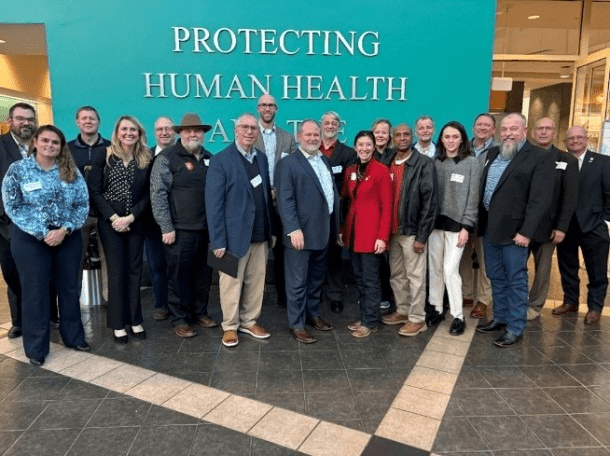The National Pork Producers Council (NPPC) recently shared significant updates in their weekly recap, highlighting important developments for pork producers. These updates cover a range of topics that are crucial to the industry, including legislative actions and regulatory changes that impact pork production.
One of the key updates mentioned in the recap is the House passing the “Beagle Brigade Act,” which authorizes the USDA’s National Detector Dog Training Center. This center trains dogs to detect food, plants, and other materials carrying foreign pests and diseases at U.S. ports of entry. The NPPC strongly supports this Act, emphasizing its importance as the first line of defense against foreign animal diseases, such as African Swine Fever, which can have devastating effects on the industry. It is estimated that foreign diseases cost the U.S. $138 billion annually in losses, making the work of the Beagle Brigade Act crucial for protecting the pork industry.
Another important update highlighted in the recap is the disappointment expressed by the NPPC over delays in passing a new five-year Farm Bill. While Congress extended the 2018 Farm Bill and included $10 billion in aid for farmers, the lack of a new bill leaves pork producers without critical long-term certainty. Additionally, challenges such as California’s Prop 12, which has increased production costs and created market uncertainty, remain unaddressed. The NPPC urges Congress to prioritize the new Farm Bill and fix issues like Prop 12, as the Farm Bill supports essential programs for disease prevention, conservation, and export promotion that are vital for the industry’s success.
The recap also mentions the new leadership in the Senate and House agriculture committees for the 119th Congress. With new leadership in three of the four positions, including Chairman Glenn “GT” Thompson and Sen. John Boozman, the NPPC looks forward to continuing strong relationships with these leaders. The leadership of the agriculture committees plays a significant role in influencing agendas and policy priorities that impact pork producers, making it crucial for the industry to engage with these leaders on key issues.
Additionally, the NPPC is seeking an extension of the comment period on EPA’s draft emission models, which are based on a 2008-2009 study. These models have triggered compliance obligations for producers who signed Air Consent Agreements, and the NPPC is advocating for a 180-day extension to ensure a thorough review of these models. It is important for accurate models to be in place for regulating emissions and ensuring compliance without placing undue burden on producers, highlighting the importance of working closely with the EPA to address concerns and advocate for fair compliance processes.
In conclusion, the updates shared by the NPPC in their weekly recap highlight the ongoing efforts and challenges facing the pork industry. From legislative actions to regulatory changes, these updates underscore the importance of staying informed and engaged in key issues that impact pork producers. For more updates and information, visit SwineWeb.com to stay up to date on the latest developments in the industry.
